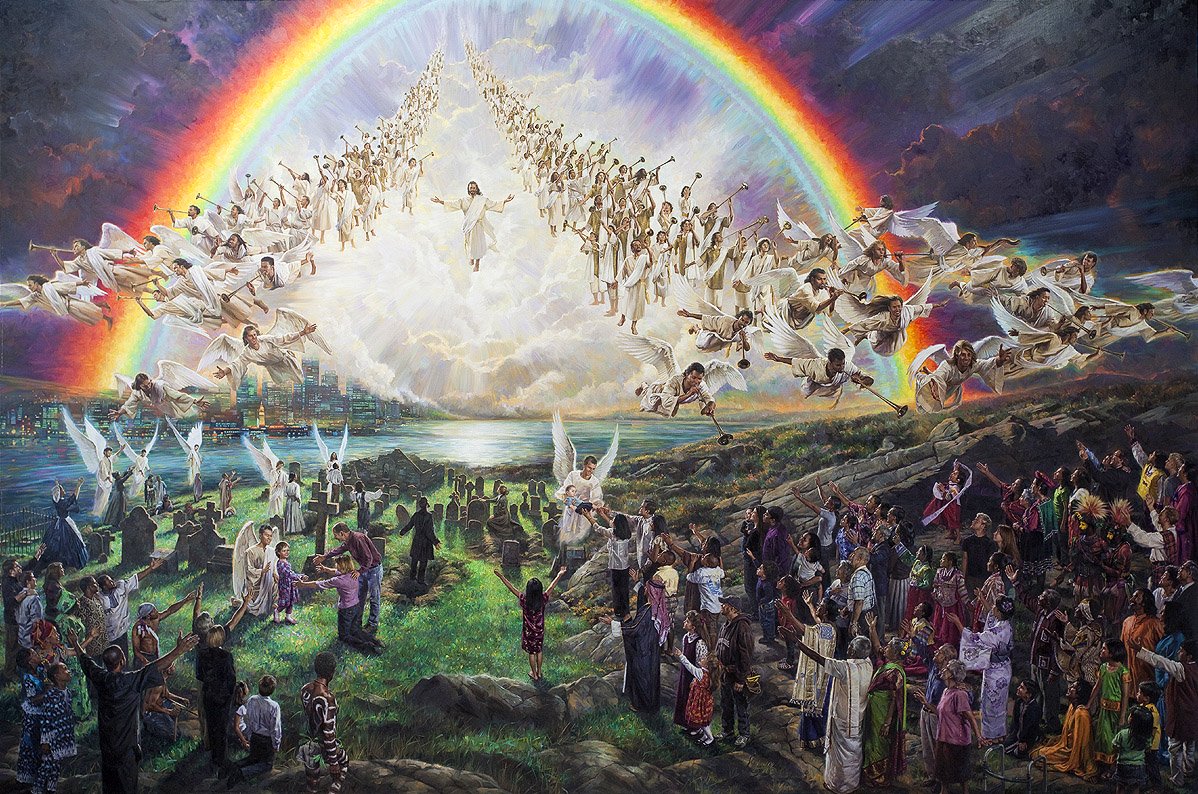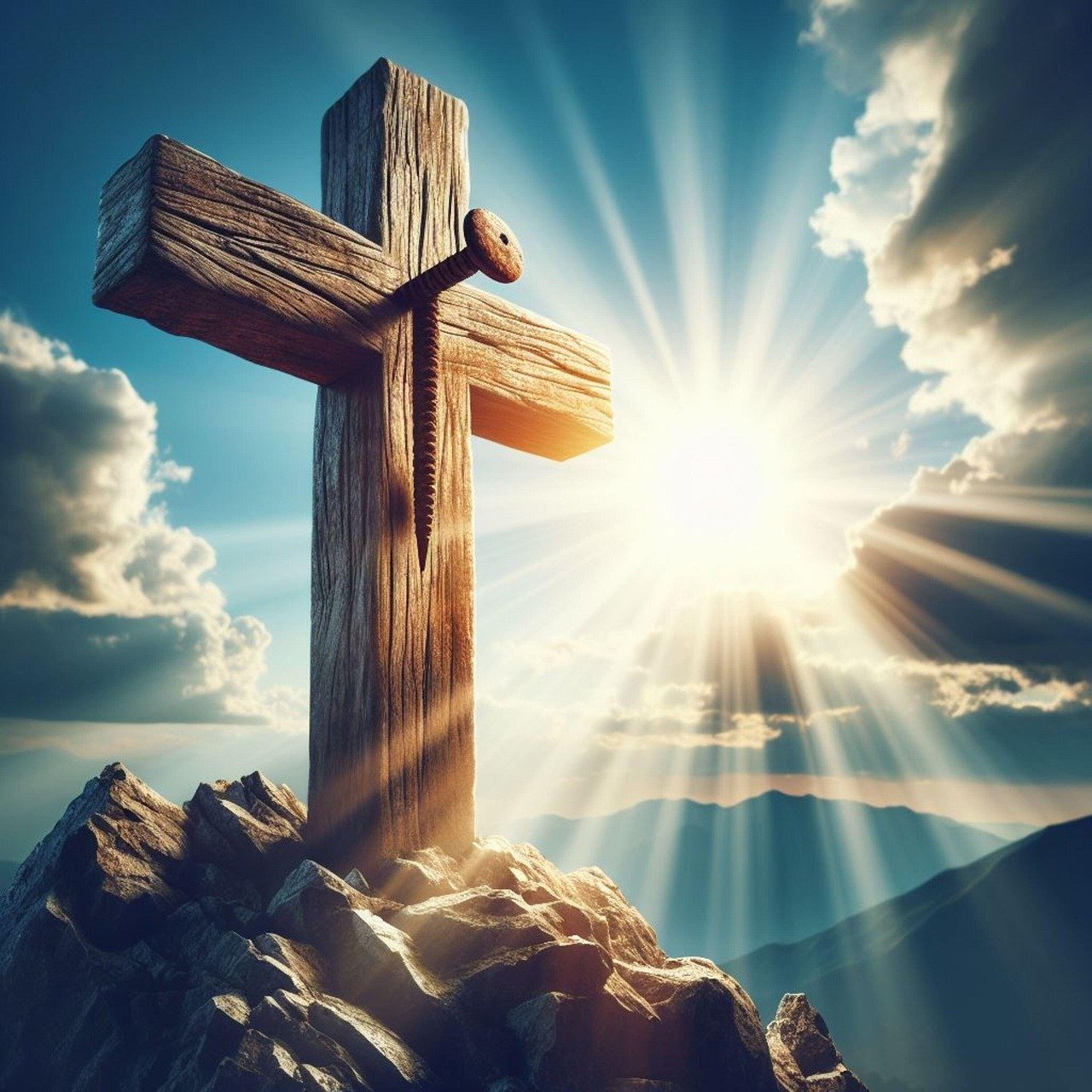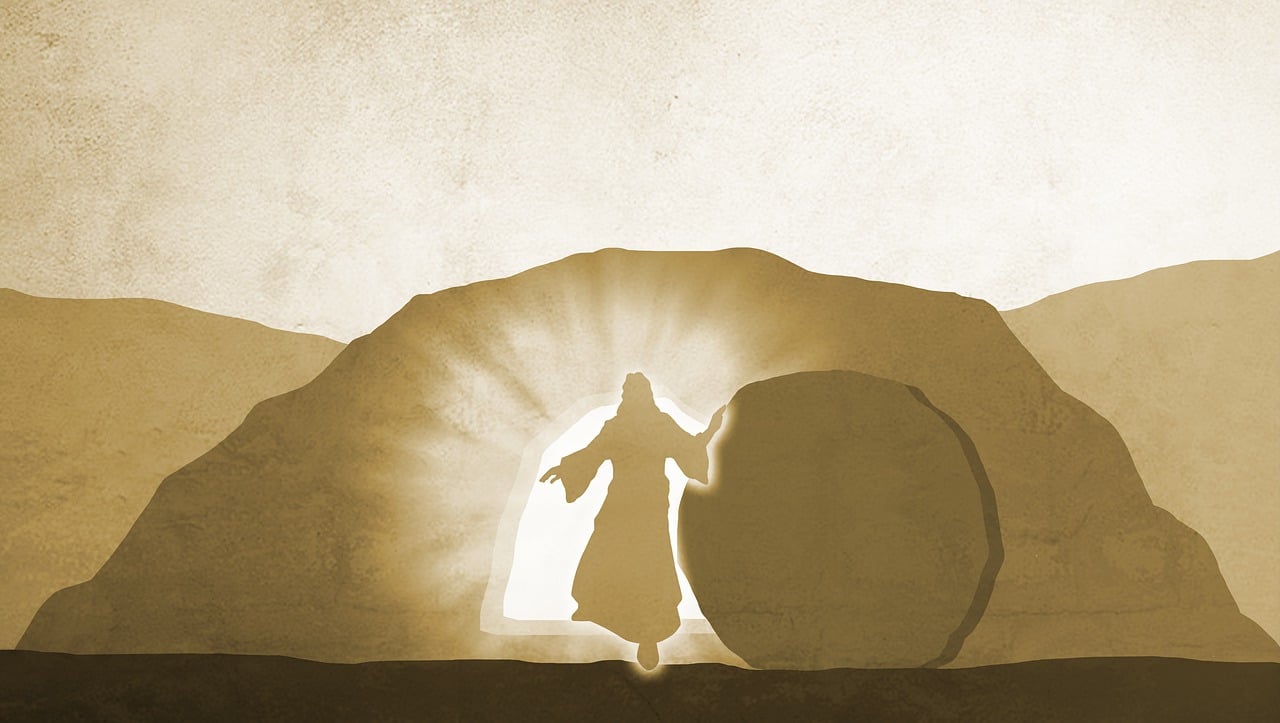A Comprehensive Study of The Rapture, the Day of the Lord, and the Second Coming are not just theological concepts but pivotal events that many believers eagerly anticipate.
Frequently discussed collectively, these occasions profoundly impact believers’ lives and help shape their hope and faith. To understand their significance fully, it is essential to examine their biblical foundations, theological interpretations, and the chronological order of their occurrence in biblical prophecy.
The Rapture of the Church
The Rapture, a key event in Christian eschatology, is based on passages such as 1 Thessalonians 4:16–17 and 1 Corinthians 15:51–52.
These scriptures describe a future event where Jesus Christ will return to gather living and deceased believers and take them to heaven.
The Lord will descend from heaven, and those who have died in Christ will rise first. Following this, those alive will be “caught up” to meet the Lord in the air.
The timing of the Rapture is a subject of much debate among theologians. A typical modern evangelical view holds that the Rapture can happen at any moment without any preceding signs.
However, the perspective presented here posits that the church will endure three and a half years of tribulation before the Rapture occurs.
As outlined in this interpretation, believers are spared from the Great Tribulation but face substantial tribulation in the middle of the tribulation period.
This viewpoint contrasts with the pre-tribulation and post-tribulation perspectives, which place the Rapture before and after the entire tribulation period.
The Day of the Lord
Multiple passages in the Bible depict God’s most excellent vengeance and the anger poured out on the world during the Day of the Lord.
His unwavering commitment to morality and fairness evokes a profound sense of awe and respect. This day marks the complete revelation of God’s divine justice and holds all creation accountable for their actions.
It is regarded as the darkest era in human history, characterized by unparalleled suffering. Writers of the New Testament emphasize its catastrophic aspect in 2 Peter 3:10 and Revelation, as well as in prophetic books like Joel, Amos, and Zephaniah.
The Day of the Lord, a time of God’s ultimate judgment and wrath upon the earth, is a period of great distress and calamity unlike any other in human history.
According to the schedule, the church won’t survive the day.
Scriptures like Zechariah 14:4 and Revelation 19:11–16, which describe Jesus’ feet standing on the Mount of Olives and the Rapture, predict this event.
Those who believe can take solace in the assurance that they will be delivered from the horrors of this world and carried to heaven. Scripture states that believers are not to suffer wrath, as stated in 1 Thessalonians 5:9, envisioning the heavenly armies of Christ arriving.
The Day of the Lord is not a single 24-hour day but a period during which God executes His righteous judgment. This period will culminate in significant geological and cosmic disturbances, as Revelation 6:19 says, and set the stage for the Second Coming of Christ.
The Second Coming of Christ
The Second Coming of Christ is a distinct event from the Rapture. It involves Jesus physically and visibly returning to earth to establish His millennial kingdom.
Scriptures like Zechariah 14:4—which describes Jesus’ feet standing on the Mount of Olives—and Revelation 19:11–16, which describes Christ’s arrival with the heavenly armies—prophesy this occurrence.
Unlike the Rapture, where believers meet Christ in the air, the Second Coming is characterized by Jesus descending to the earth to defeat the Antichrist and his forces, judge the nations, and inaugurate a reign of peace and righteousness.
The church, taken to heaven, will return with Christ in this triumphant event, demonstrating their active role in His kingdom and fulfilling His plan.
The Second Coming, the final phase of God’s plan for the current age, represents the culmination of His promise and the fulfillment of numerous Old Testament prophecies regarding the Messiah’s rule. This event ushers in unprecedented peace, bringing believers a sense of satisfaction and peace worldwide.
Sequence of Events
- Tribulation Period (Three and a Half Years): The church undergoes a significant tribulation but is not subject to God’s final wrath.
- The Rapture: This occurs after three and a half years of tribulation. During this time, believers are taken to heaven, escaping the Great Tribulation.
- God’s judgment upon the earth during the Great Tribulation and the Day of the Lord, sparing the raptured church
- The Second Coming of Christ: Following the Day of the Lord, Christ returns with His saints to establish His kingdom.
Conclusion
In Christian eschatology, the Rapture, the Day of the Lord, and the Second Coming are distinct yet interconnected events.
Understanding their differences and sequence clarifies God’s prophetic timeline and reassures believers of their place in these future events.
The Rapture promises deliverance for the faithful, the Day of the Lord emphasizes God’s justice, and the Second Coming heralds the fulfillment of God’s kingdom on earth.
Each event holds profound theological significance and impacts the hope and expectations of Christians worldwide.











